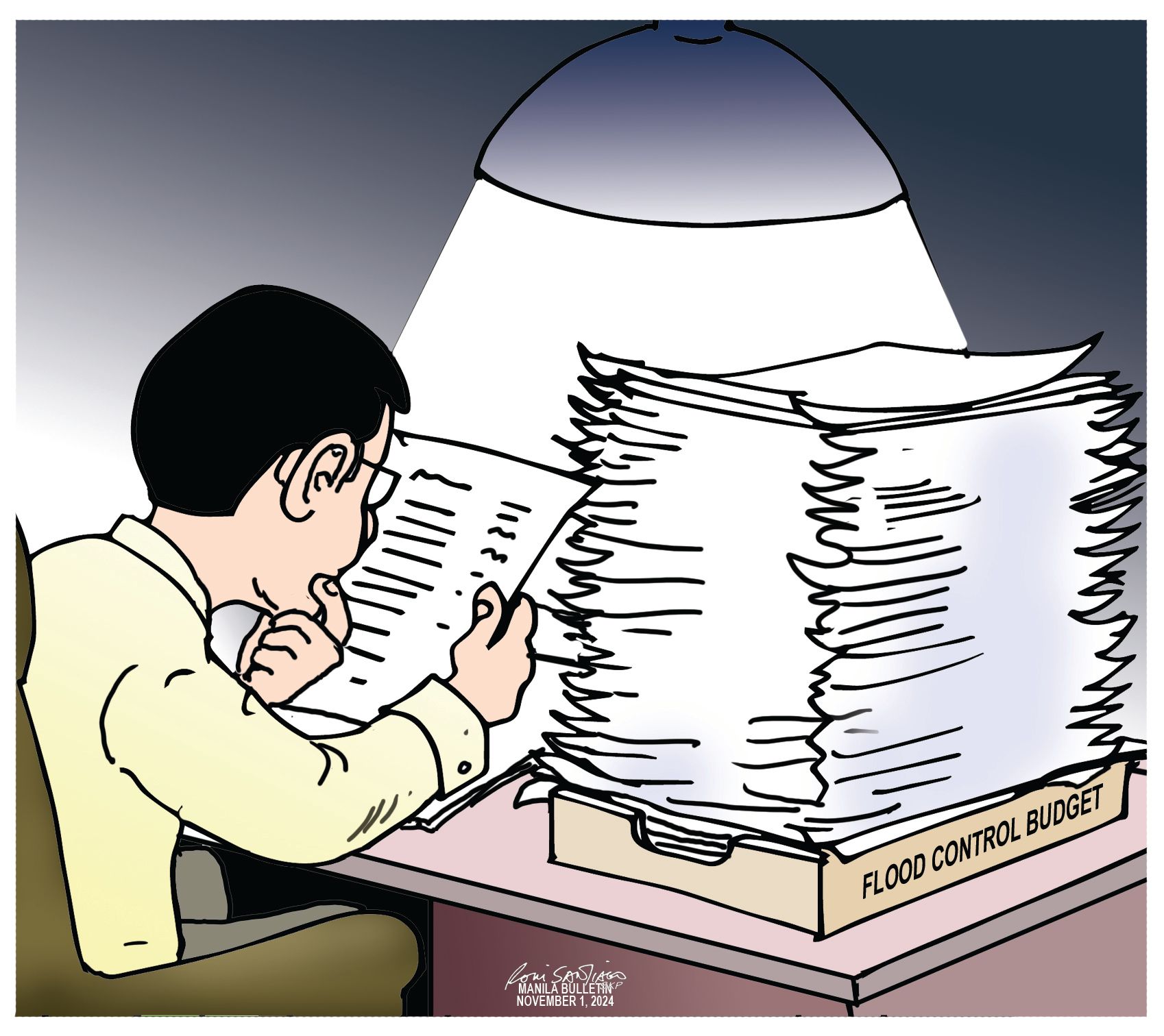
The Senate will scrutinize the utilization of the government’s flood control budget when it resumes its hearing on the proposed 2025 national budget next week in the aftermath of the devastation caused by Severe Tropical Storm “Kristine.”
This is crucial for transparency and accountability considering the multi-billion-peso budget allocated for flood control projects each year.
This year alone, ₱255 billion from the ₱5.768-trillion national budget was reportedly earmarked for flood control projects. Prior to this, the agency reportedly got ₱182 billion in 2023, ₱128 billion in 2022, ₱101 billion in 2021, and ₱90 billion in 2020
Despite this huge amount in taxpayers’ money allocated for flood control, the country continues to experience massive flooding each time it is hit by a storm. Aside from the flooding caused by Kristine, just look back in the aftermath of Typhoon “Carina” in July and Super typhoon “Julian” in September.
This is why it is crucial for the Senate probe to focus on several key issues to ensure that the allocated funds have been effectively and sustainably used.
The Senate should look for the detailed breakdown of how these funds were utilized. This is essential to assess whether the funds were used effectively to mitigate flood risks. This includes evaluating the completion and impact of flood control projects, such as the construction of drainage systems, flood barriers, and other infrastructure improvements.
Beyond budget allocations, the inquiry should emphasize the importance of sustainable development. Extensive deforestation for agriculture, logging, housing, and urban development has exacerbated flooding issues. The loss of forest cover reduces the land’s ability to absorb rainfall, increasing surface runoff and the risk of floods.
Another issue worth looking into is the rapid urbanization without adequate planning. This has led to the construction of buildings and roads that obstruct natural waterways. Informal settlements and commercial establishments often encroach on riverbanks and other waterways, hindering flood management and, therefore, reducing their capacity to carry floodwaters and increasing the likelihood of flooding. Poor drainage systems and inadequate flood control infrastructure exacerbate the problem, too.
After the conclusion of its investigation, maybe the Senate could come up with a measure on long-term solutions to flooding as a mere flood control mechanism appears to be inadequate. This could include sustainable and stricter land use regulations to prevent deforestation and protect natural water catchment areas. Focus should also be on restoring and maintaining existing waterways to ensure they can handle heavy rainfall.
The private sector should be encouraged to adopt sustainable practices, such as incorporating green infrastructure in their developments and supporting government reforestation projects.
By addressing these issues, the Senate inquiry can pave the way for more effective and sustainable flood management strategies to ensure that the allocated funds truly benefit communities at risk.